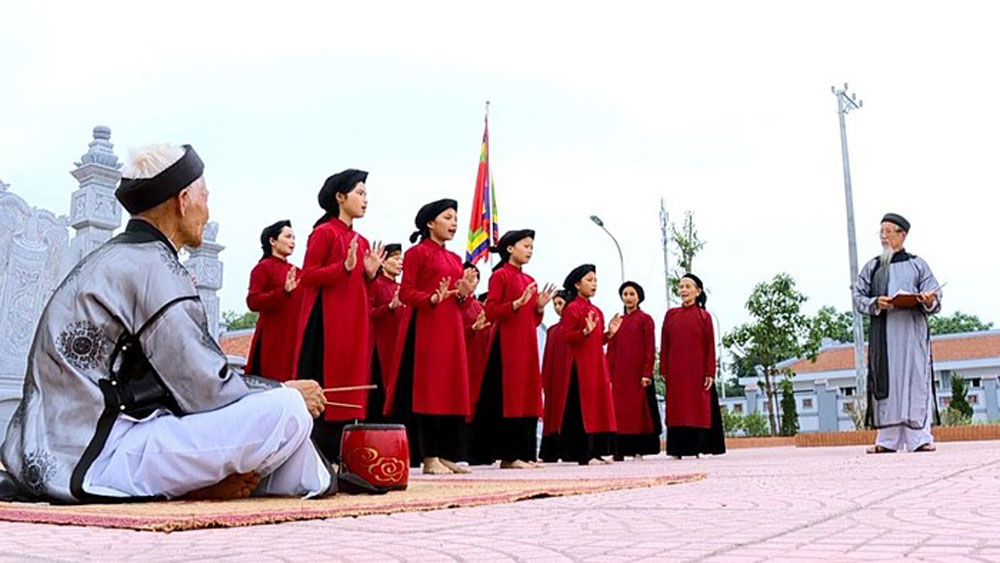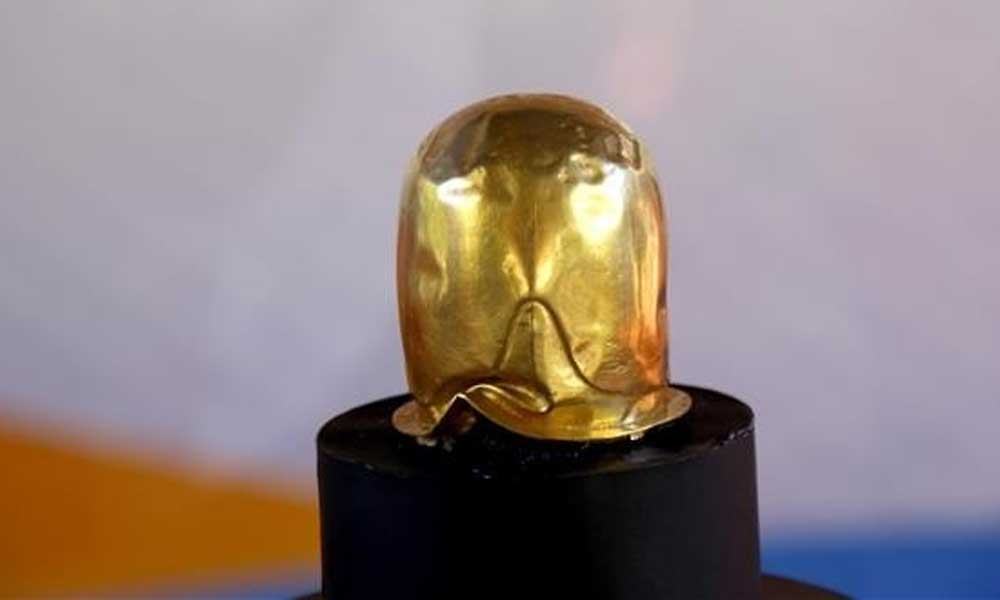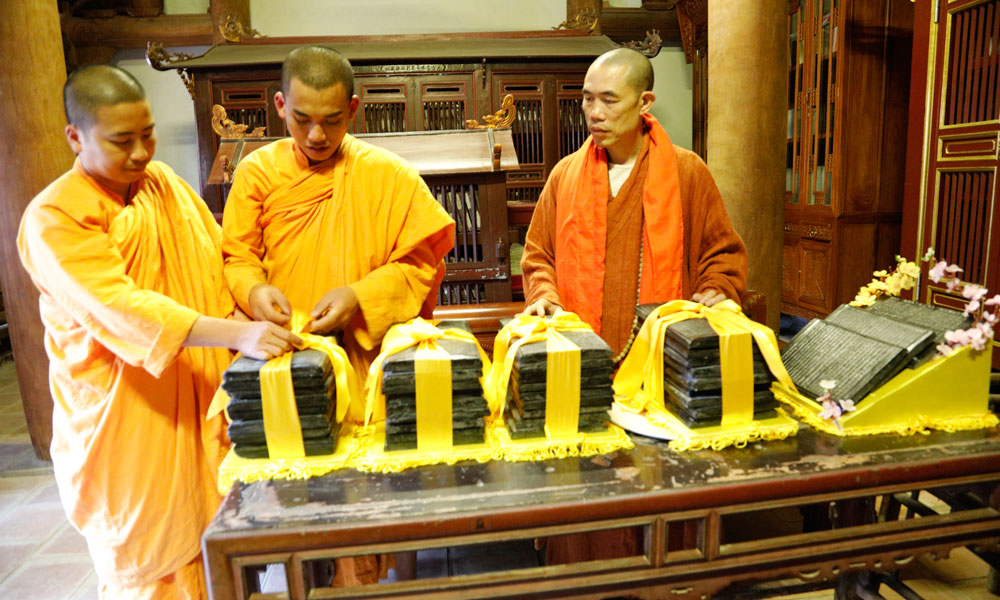Special Xoan singing shows for visitors to Hung Kings Temple Festival
|
|
Artisans from the original Xoan guilds are to perform at cultural relic sites, such as Lai Len shrine, Thet and Kim Dai communal houses (Kim Duc commune), Hung Lo communal house (Hung Lo commune), and An Thai communal house (Phuong Lau commune) in Viet Tri city, according to the provincial Department of Culture, Sports, and Tourism.
 |
|
Xoan singing is traditionally performed during the first two months of the lunar calendar at holy places. |
Visitors are introduced to basic information about Xoan singing such as its origin and forms. Furthermore, exhibitions on Xoan singing and Hung Kings worshipping rituals will be held to serve visitors.
Several years ago, Xoan singing was at risk of dying out, yet has been revived in recent years and and spread among the community. Hundreds of children at original Xoan singing guilds like Phu Duc, Kim Doi, Thet, An Thai, and Phuong Lau have been taught this traditional art form.
The UNESCO Inter-governmental Committee for the Safeguarding of Intangible Cultural Heritage decided to remove Xoan singing from its List of Intangible Cultural Heritage in Need of Urgent Safeguarding and added to the Representative List of the Intangible Cultural Heritage of Humanity during its 12th session in December 2017.
Xoan performances include singing, dancing, and drumming. Closely linked to the worship of the Hung Kings, believed to be the founders of the nation, Xoan singing is traditionally performed during the first two months of the lunar calendar at holy places such as temples, sanctuaries, and communal houses. Tourists will also find value in the worshiping itself as another UNESCO-recognised intangible cultural heritage of the humanity.
There are three forms of Xoan singing: worship singing for the Hung Kings and village guardian spirits; ritual singing for good crops, health, and luck; and festival singing where villagers alternate male and female voices in a form of courtship. So far, 20 out of the 30 cultural spaces for Xoan singing practice have been upgraded. The organisation of traditional festivals in association with Hung Kings worship and Xoan singing has been maintained. In the past, only seven artisans were able to pass down this art form, but now the number has amounted to nearly a hundred.
Phu Tho is now home to 34 Xoan singing clubs at the provincial level, with over 1,500 singers. Xoan singing is also practised at 64 clubs at the district level and 42 others at the communal level.
According to Phung Thi Hoa Le, Director of the provincial Centre for Tourism Promotion, in order to attract international tourists to Phu Tho, especially during the Hung Kings Temple Festival, the province has launched the tourism product of “Xoan singing in an ancient village” along with daily tours.
The centre has coordinated with Viet Tri city to hold Xoan singing performances from 2pm-4pm on a daily basis at Hung Lo communal house and the same time on weekends at Lai Len temple.
Destinations hosting the “Xoan singing in an ancient village” programme have welcomed over 13,000 tourists, including many from the UK, France, the Netherlands, and the US.
Director of the provincial Department of Culture, Sports, and Tourism Nguyen Dac Thuy said the preservation and promotion of the heritage value of Xoan singing have received special attention from local authorities.
In the coming time, the department will continue consulting the provincial People’s Committee to carry out programmes promoting the heritage value of Xoan singing.
The cultural sector will also make documentaries on Xoan singing and boost the teaching of this art form at schools.
Source: VNA
 Bắc giang
Bắc giang















Reader's comments (0)